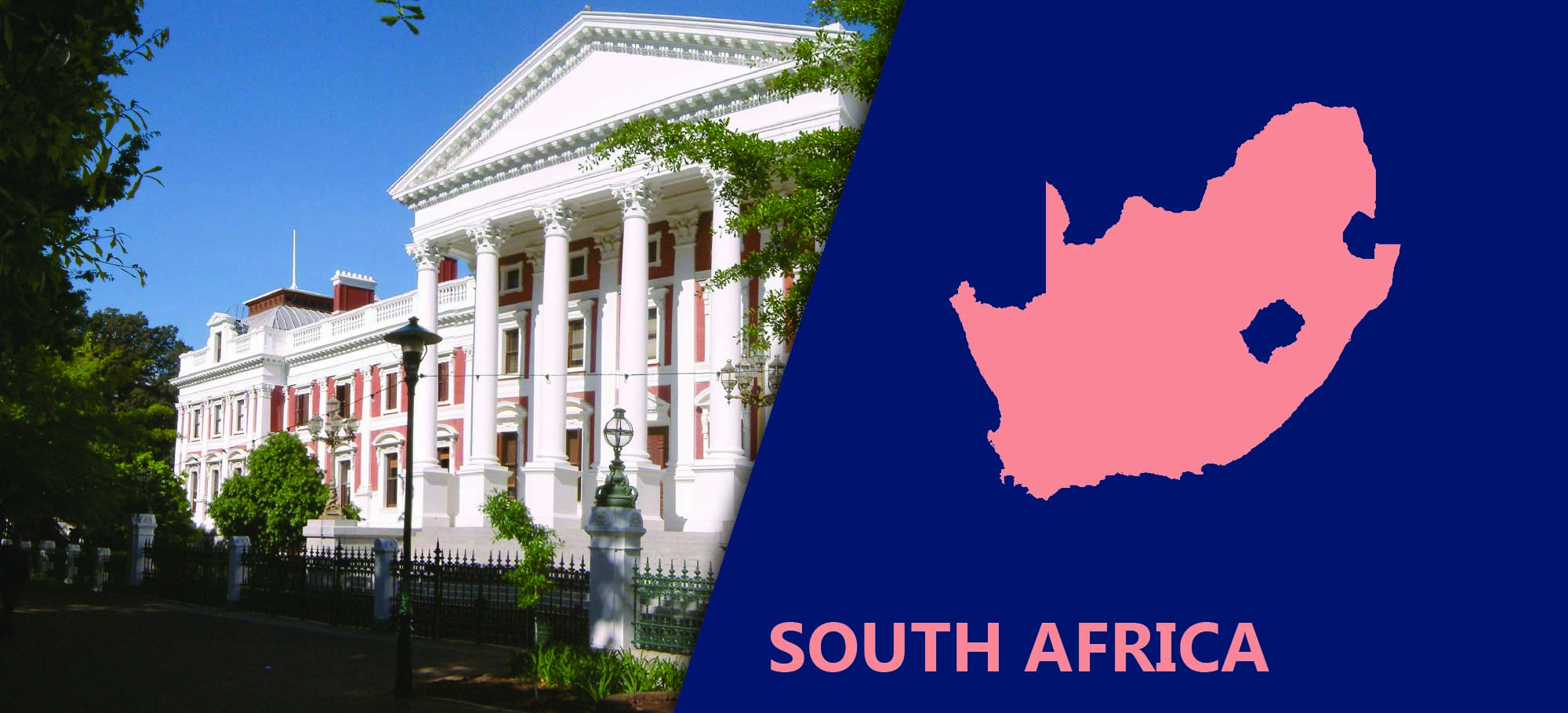
List of Relevant Laws Impacting Free Speech (South Africa) (2015-2022)
The Constitution
Section 16 of the Constitution protects freedom of expression, and excludes a small category of speech from its protection:
- Everyone has the right to freedom of expression, which includes –
- freedom of the press and other media;
- freedom to receive or impart information or ideas;
- freedom of artistic creativity; and
- academic freedom and freedom of scientific research
- The right in subsection (1) does not extend to –
- Propaganda for war;
- Incitement of imminent violence; or
- Advocacy of hatred that is based on race, ethnicity, gender or religion, and that constitutes an incitement to cause harm
Privacy vs Freedom of Expression
The Protection of Personal Information Act, 4 of 2013 creates a default limitation on the sharing of certain personal information which stifles the ability of individuals and the media to access information. It does include an exception for “journalist, literary or artistic expression” when it is in the public interest but the scope of this exclusion hasn’t been tested and because of the conditional application of “the public interest” it is likely that refusals challenged under section 7 will be determined in court.
Although not yet adopted, The Protection of State Information Bill (‘the Secrecy Bill’), 2010 would criminalise the possession of classified documents with no public interest defence and would exclude state security information from the general access to information regime.
Hate Speech
The Film and Publication Amendment Act, 11 of 2019 gives the Film and Publication Board power to regulate speech by determining what constitutes incitement of imminent violence, propaganda for war and advocacy of hatred
Although not yet in force, The Prevention and Combatting of Hate Crimes and Hate Speech Bill, 2018 would criminalise hate speech, through an overly broad definition of hate speech that goes beyond the constitutional definition. There is no exemption from the offence of dissemination of hate speech, such as for the media or academic and artistic use.
Online Expression Limitations
Chapter 1, Part II of the Cybercrimes Act, 19 of 2020 criminalises “malicious communications”, including the disclosure of a data message which threatens or intends to incite “the causing of damage to property belonging to or violence against” a group of persons based on characteristics of “race, gender, sex, pregnancy, marital status, ethnic or social orgin, colour, sexual orientation, age, disability, religion, conscience, belief, culture, language, birth or nationality”. Chapter 1, Part I, criminalises unlawful access to and interference of data, and section 12 appears to expand the common law definition of theft to incorporeal property – all of which could be used against journalists in possession of leaked information.
Intermediary Liability
Although not yet in force, Chapter 8 of the Cybercrimes Act imposes several onerous obligations on Electronic Communication and Service Providers (ECSPs).
Section 18 of the Film and Publication Act, as amended, obliges internet service providers (ISPs) to provide law enforcement and the FPB with information on users who post prohibited content, and to take down content after being instructed to do so by the FPB following a complaint and investigation. Under a Notice issued in terms of the Film and Publication Act, ISPs were obliged – under pain of criminal sanction – to inform the Film and Publication Board of how they were ensuring child safety.
Emergency Regulations
Regulations under the Disaster Management Act in 2020 to address the COVID-19 pandemic prohibited gatherings and criminalised publishing statements with the intention to deceive another person about the pandemic and the government’s response.
